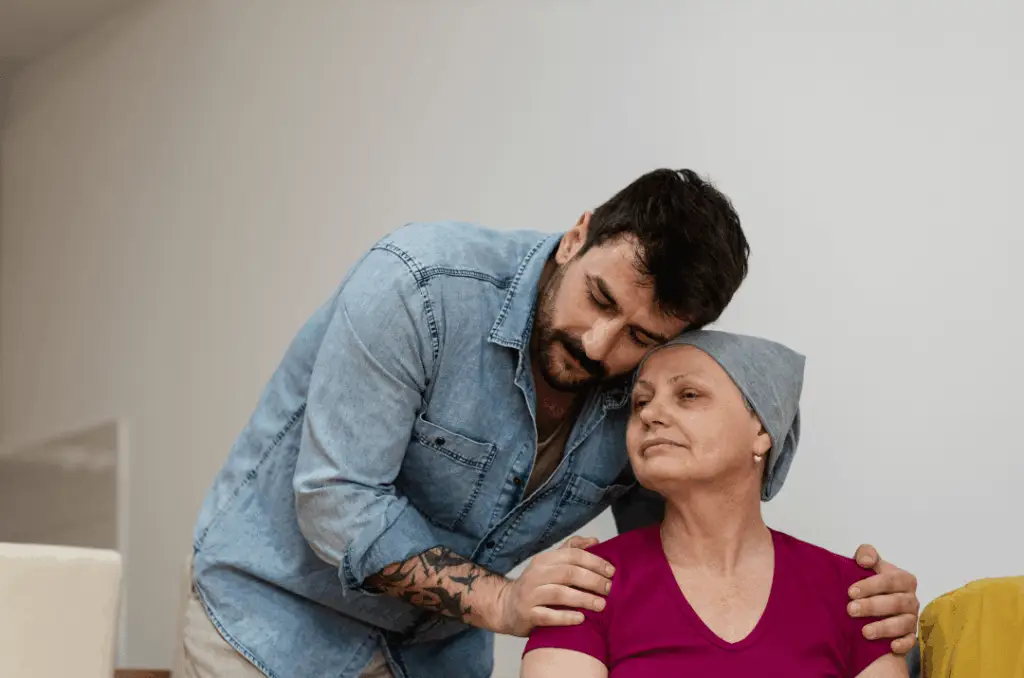Just diagnosed with pancreatic cancer? When someone is diagnosed with pancreatic cancer, doctors will try to determine if it has spread and where it is -, this is called staging. There are several tests used to diagnose pancreatic cancer. If cancer is found, more tests will need to be done to determine the extent of the cancer and how best to treat it.
What is the TNM Staging System for Cancer? What are the Pancreatic Cancer Stages?
The American Joint Committee on Cancer developed this system which uses numbers and letters to describe the size and location of pancreatic cancer. Each letter and number tell you something about the cancer.
TNM Staging System
- T (Primary Tumor) – It describes the size, location and area.
- TX – The tumor cannot be evaluated.
- T0 – No evidence of a primary tumor.
- Tis (Carcinoma In Situ) – It has not spread outside of the pancreas.
- T1 – The tumor is 2CM or less.
- T2 – The tumor is between 2CM and 4CM.
- T3 – The tumor is bigger than 4CM.
- T4 – The tumor has grown outside the pancreas, into the nearby major blood vessels. The tumor can be any size.
- Regional Lymph Nodes (N) – It describes if cancer has affected the lymph nodes.
- N0 – There are no lymph nodes with cancer.
- N1 – It has spread to no more than 3 nearby lymph nodes.
- N2 – It has spread to 4 or more nearby lymph nodes.
- Distant Metastasis (M) – Describes if the cancer has spread to a different part of the body.
- M0 – The cancer has not spread to other parts of the body.
- M1 – The cancer has spread to other parts of the body such as the liver, lungs or bones.
Pancreatic Cancer Stages
- Stage 0
-
- Carcinoma in situ
- Tis, N0, M0
- The abnormal cells that might become cancerous and spread to nearby tissue.
- Stage 1
-
- Localized cancer
- T1-T2, N0, M0
- The tumor is in the pancreas.
- Stage 2
- T2-T4, N0, M0
- Locally advanced cancer, early stages.
- The tumor has either spread to nearby tissues, organs or lymph nodes.
- Stage 3
- T1-T4, N1-N3, M0
- Locally advanced cancer, late stages.
- The cancer has spread outside your pancreas. The cancer has spread to the major blood vessels near the pancreas and may have spread to nearby lymph nodes.
- Stage 4
- T1-T4, N1-N3, M1
- Metastatic cancer.
- The cancer has spread to other organs or parts of the body.
- Recurrent – It is the cancer that has come back after treatment. Cancer Recurrence can be interpreted in several ways, it needs another round of tests. It isn’t the same thing, it is a new cancer that develops.
Categories for Surgically Removing Tumors
- Resectable – The cancer is inside the pancreas. The entire tumor can be removed, this is called operable.
- Borderline Resectable – The cancer may have spread to nearby blood vessels. It might still be completely removed surgically.
- Unresectable – It cannot be removed surgically.
Cancer Research Donations
Pancreatic Cancer is the deadliest common cancer, yet it receives less than 3% of cancer research funding. Be a hero by donating today to the important pancreatic cancer research being funded by TrovaNow.
TrovaNOW proceeds go towards collaborative research to detect pancreatic cancers earlier, saving thousands of lives from the world’s deadliest cancer.
If you have any questions or If you want more information about how to donate cancer research, just email us at trovanow@gmail.com or learn more at https://trovanow.com





